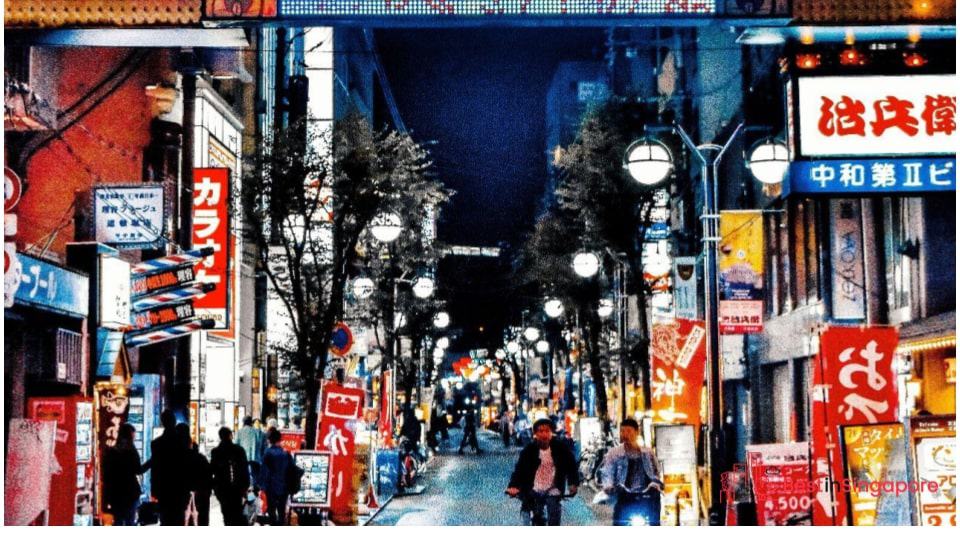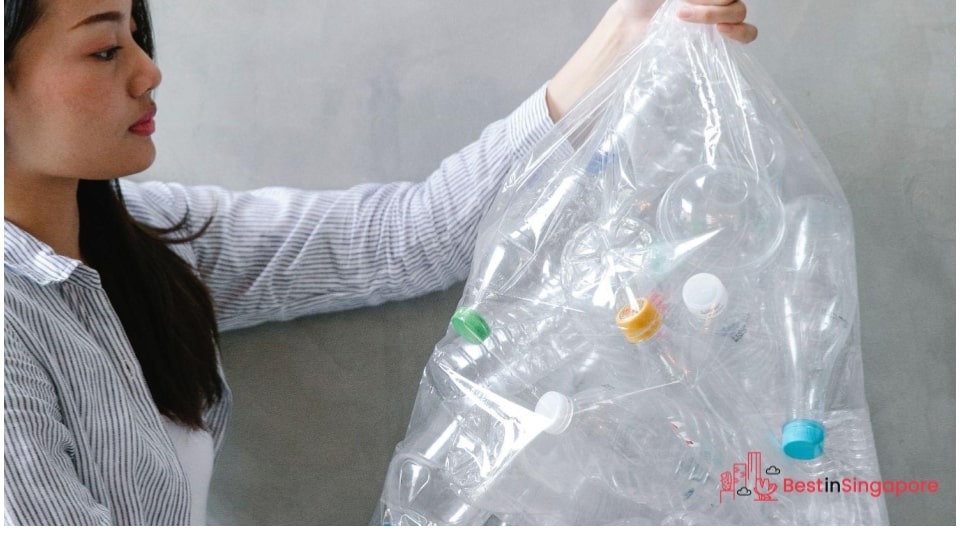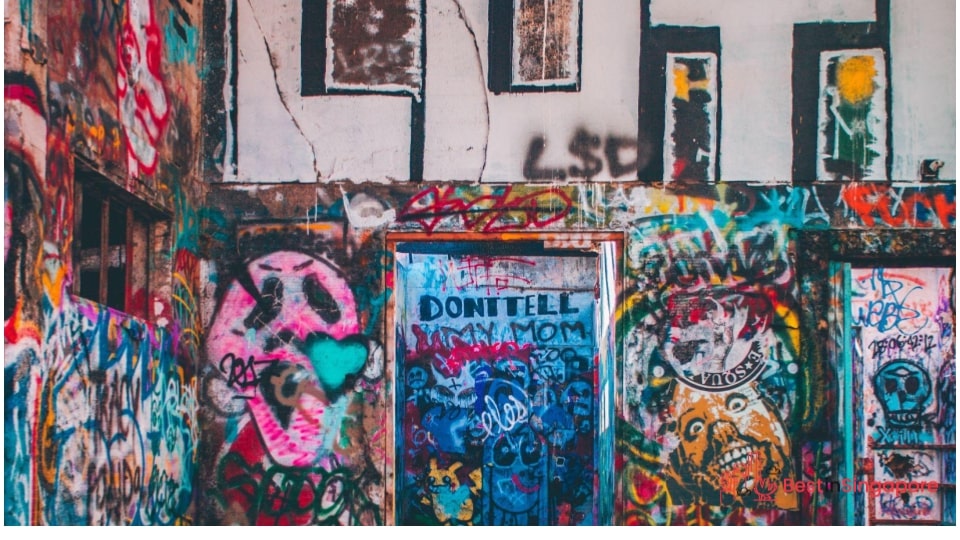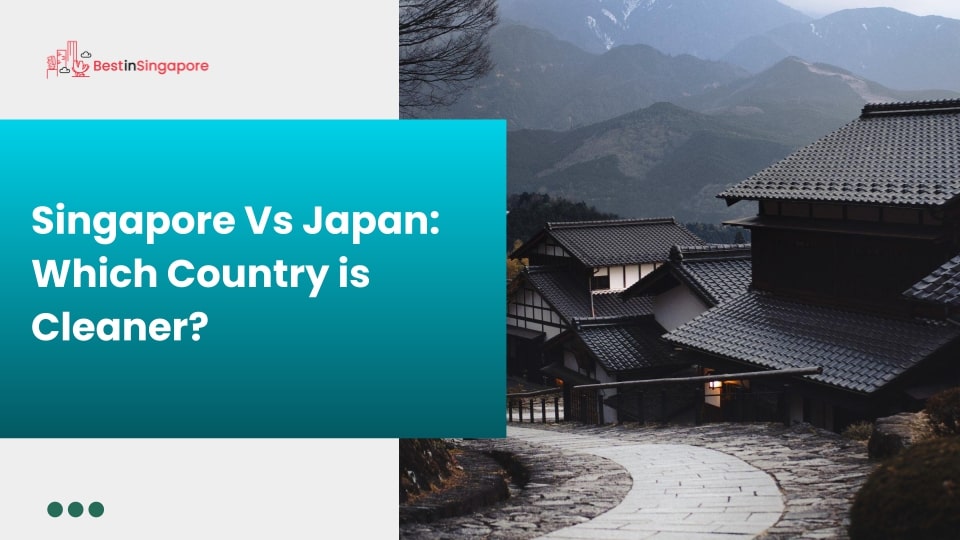Singapore vs Japan: Which Country Is Cleaner?
We compared Tokyo and Singapore using a tourist’s lens in a previous post. This time around, we want to place Japan and Singapore side by side in terms of cleanliness.
So if you want to know which country ranks higher in the hygiene and sanitation aspects, read on!
Is Japan known for cleanliness?

Japan has an efficient waste management system that allows its garbage to be organised and classified clearly.
And it does so by dividing trash into three types that differentiate combustible from noncombustible, and recyclables from those that break down.
Even its food and beverage industry adherers to strict levels of sanitation and hygienic practices. Chefs at Japanese restaurants constantly disinfect their work areas and keep their hands clean, especially when working with raw ingredients.
In fact, food safety in Japan is unparalleled, with food hygiene training that ensures food contamination and poisoning are avoided or kept to a minimum.
Singapore is known for its strict orderliness compliance

Discipline and national pride are perhaps some of the most effective reasons why Singapore is so clean. The country has systematic disposal services that keep public areas clean, too.
Even without natural resources, Singaporeans’ water supplies always meet WHO standards so that you can drink tap water here.
And even forgetting to flush public toilets or accidentally littering a public place can meet swift punishments that don’t have much room for protest or reasoning.
Littering, vandalism, chewing gum, and other seemingly small misdemeanours aren’t allowed in Singapore. And this compliance has helped keep public infrastructure orderly and neat for years.
Education in Japan comes with sanitation awareness

Initiative drives Japan’s attitude towards cleanliness that even students of kindergarten age know how to keep their environment clean. The Japanese curriculum also includes sanitation and cleaning by students, usually done after school.
As a result, most schools in Japan don’t need a regular custodian to clean up after students and faculty.
Lunch breaks and after-school hours see the pupils themselves sweeping and mopping the floor and disposing of trash properly, even without prompting.
There are Japanese people living in Singapore, so it seems only fitting that this kind of value and attitude is at home in a country that also values cleanliness on a high level.
Singapore is notoriously strict in punishing litterbugs and vandals

It might be said that it’s also the corresponding stiff penalties and punishments that help Singapore keep its notoriously high standards of hygiene and orderliness.
Aside from fines, a Corrective Work Order aims to keep Singaporeans disciplined and compliant.
In fact, Singapore’s legal system is filled with prohibitions and rules that ensure the country’s cleanliness and that its crime rate remains low at all times. The government doesn’t tolerate rule breakers even if the crime is seemingly petty for some.
For instance, the fine for littering in Singapore is a minimum of S$300. Chewing gum can cost S$695.60 for a first offence and up to S$2,782.40 for repeat offenders.


